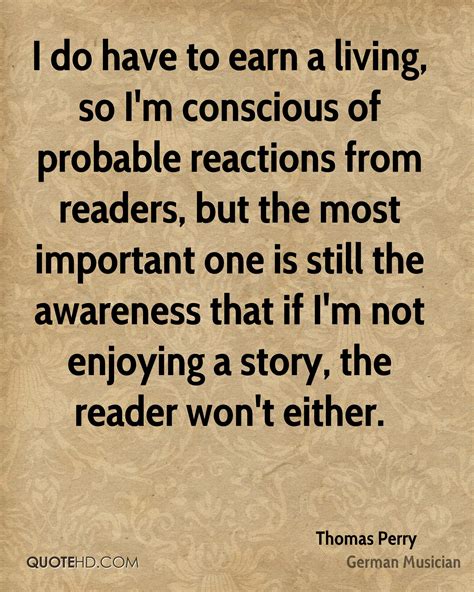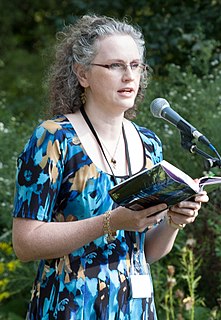A Quote by Nell Freudenberger
It's usually easier for me to begin writing in a character's voice if that person is different from me in some significant way.
Related Quotes
Writing, for me, when I'm writing in the first-person, is like a form of acting. So as I'm writing, the character or self I'm writing about and my whole self - when I began the book - become entwined. It's soon hard to tell them apart. The voice I'm trying to explore directs my own perceptions and thoughts.
It makes it easier, if you can't do an American accent. I don't know. It's different. I played a character in Never Let Me Go where the script for my character was very sparse, and I enjoyed it. With Never Let Me Go, I had a whole book written from my character's point of view, so I always knew where I was. But, with Ryan [Gosling], it was just easy. He's such a brilliant actor and he is so prepared. He doesn't have to warm himself up to be in a scene. He's just in it. It draws you in, in a way.
I've never been a religious person. I've been a spiritual person since I was about 15, 16, when I was first introduced to Psilocybin [mushrooms]. That really opened me up to thinking about the universe in a different way, and coming to significant realizations about my connection to something greater than me.
I saw the whole universe laid out before me, a vast shining machine of indescribable beauty and complexity. Its design was too intricate for me to understand, and I knew I could never begin to grasp more than the smallest idea of its purpose. But I sensed that every part of it, from quark to quasar, was unique and - in some mysterious way - significant.
Yes, I am one of those people who feels that most of my work is adaptation of one sort or another. For me, it's a way to jump-start the engine. For example, some people use the technique of basing a character on a friend. They start writing with his or her voice, then at a certain point, the character takes off on his or her own. It probably no longer resembles the model, but it helped the author to get going. I find that's true of form, too. For every play I've written, I know what play I was trying to imitate. That helps me get going.







































